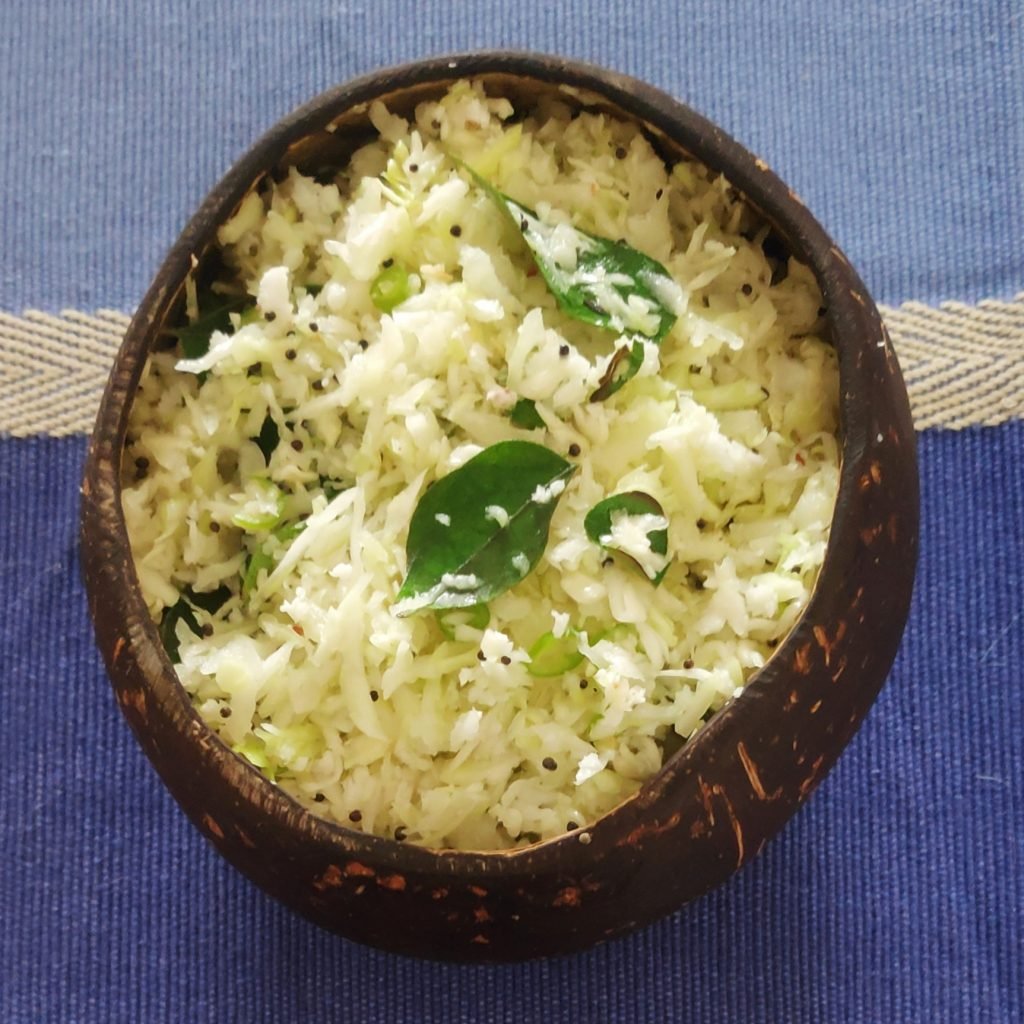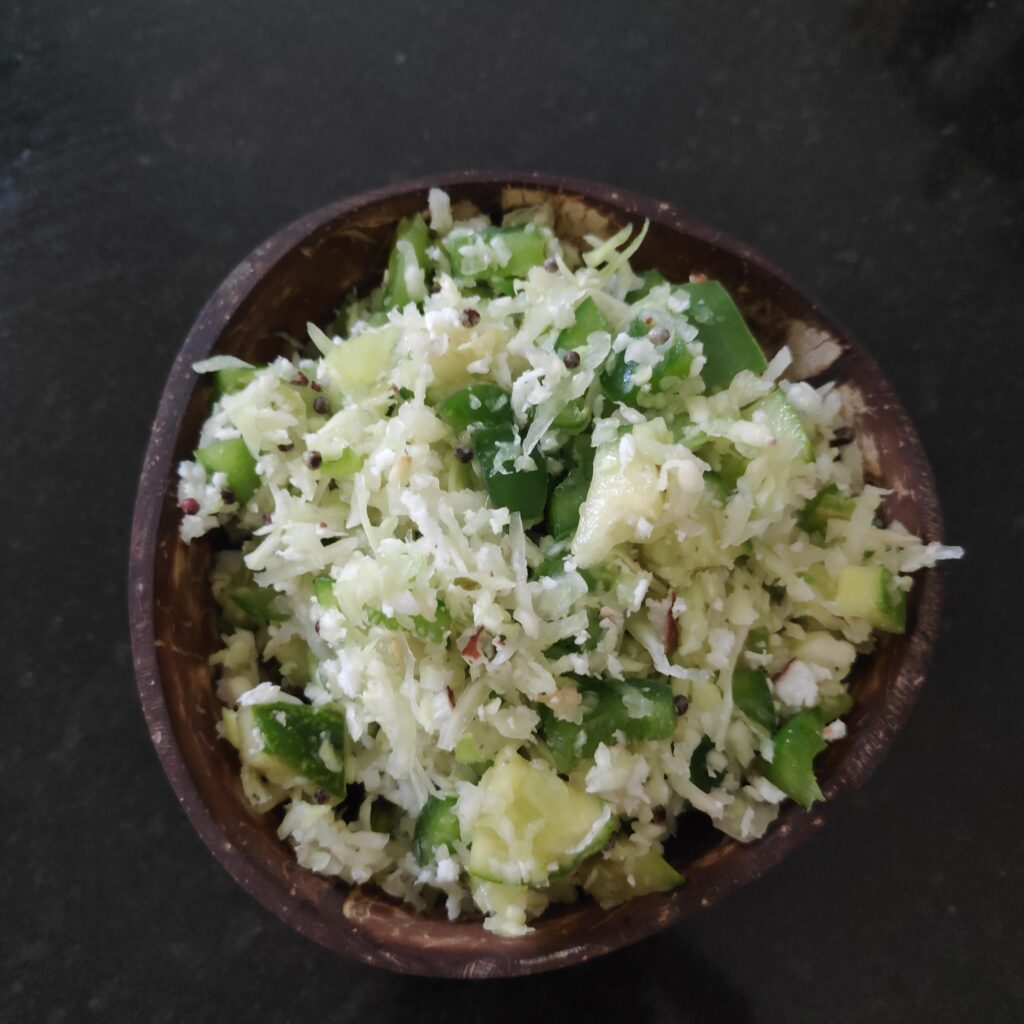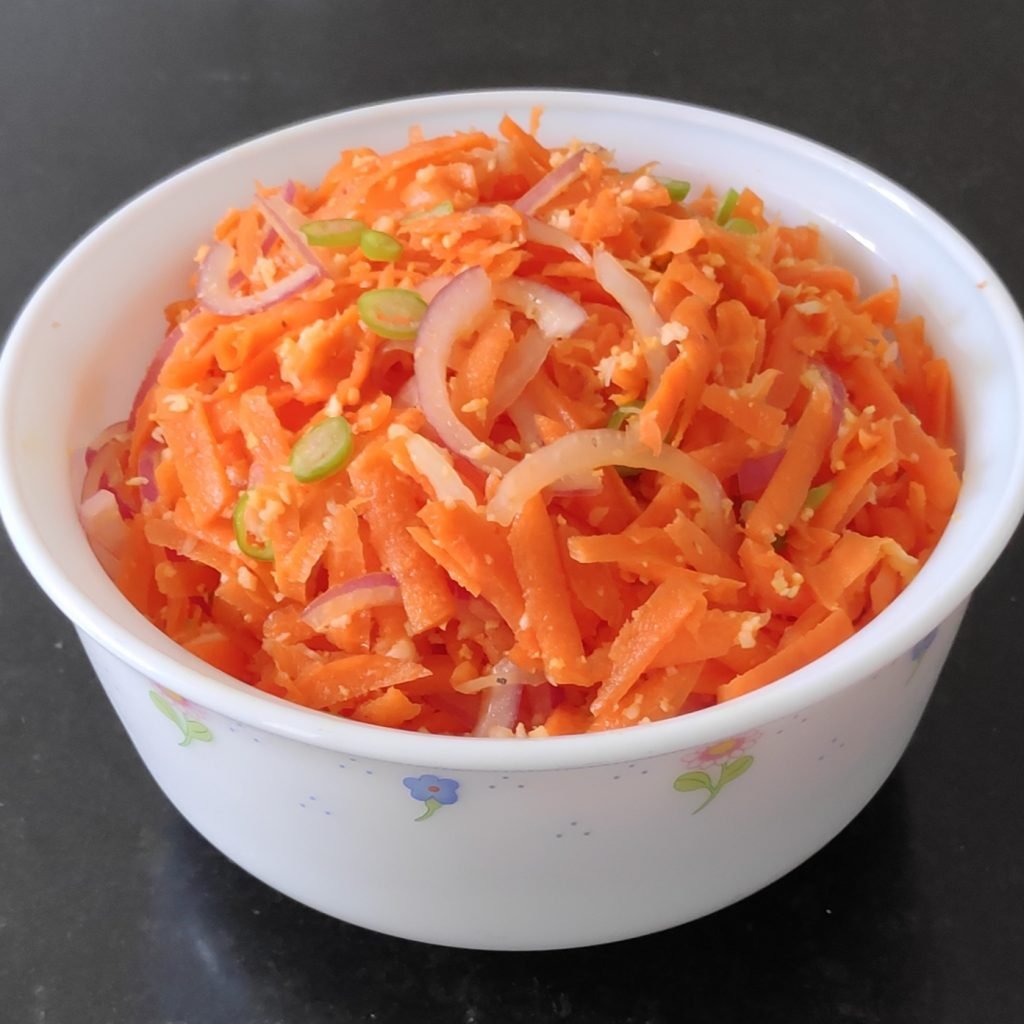Usually red when mature, tomatoes can also be eaten while they are still green, yellow or orange. It’s best to buy locally grown unripened tomatoes and keep them for a few days to allow them to ripen naturally as these taste better. Tomatoes are a good source of insoluble fibre, which is not digested by the body but helps in moving food through the digestive system and thus assisting bowel movement. Tomatoes are rich in antioxidants like Vitamin C, which help protect cells from damage caused by free radicals and improves the immune system. Lycopene, another antioxidant, found in large amounts in tomatoes may help reduce the risk of certain cancers. Beta carotene is another antioxidant found in tomatoes that often gives foods a yellow or orange hue. Beta carotene is converted into vitamin A in our body and is believed to help improve eyesight. Chlorogenic acid in tomatoes is a powerful antioxidant compound, which may lower blood pressure in people with elevated levels. Naringenin is a flavonoid found in tomato skin, which has been shown to decrease inflammation and protect against various diseases. Tomatoes also contain a good amount of potassium, which may help lower blood pressure and reduce the risk of heart disease. Vitamin K1 in tomatoes is important for blood clotting and bone health, and folate is important for normal tissue growth and cell function. Moreover, tomatoes are high in water content, which helps keep you hydrated.



